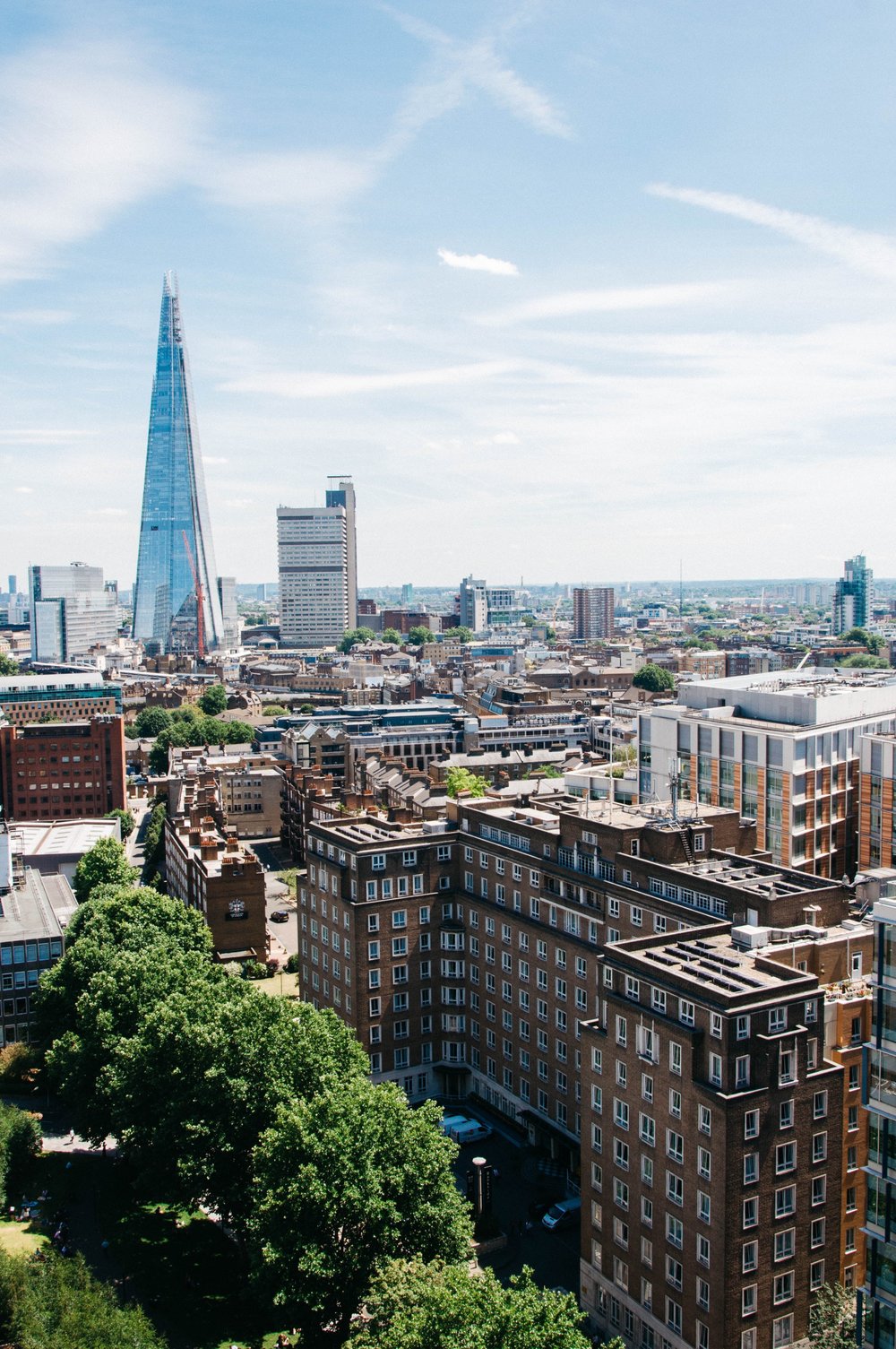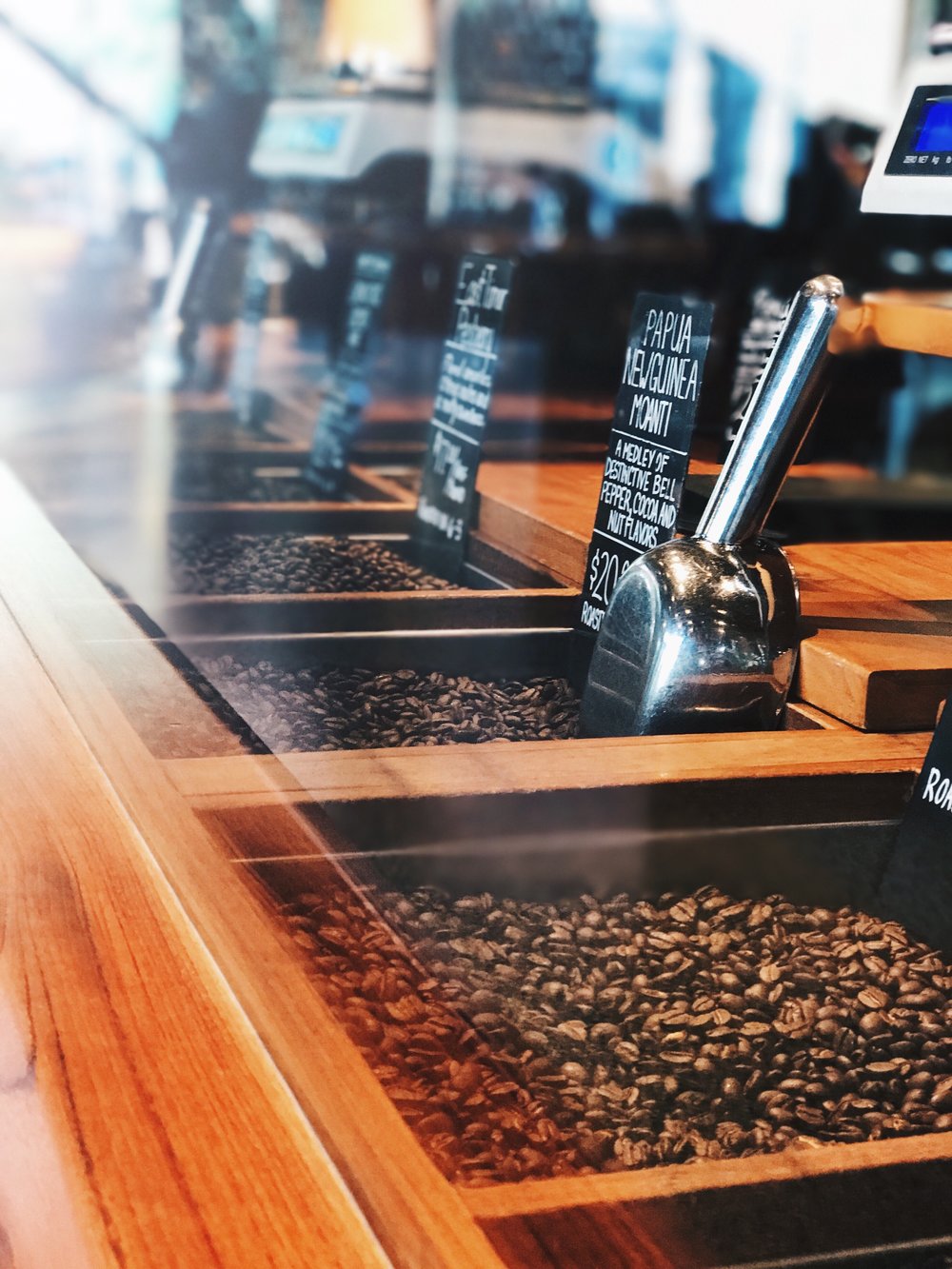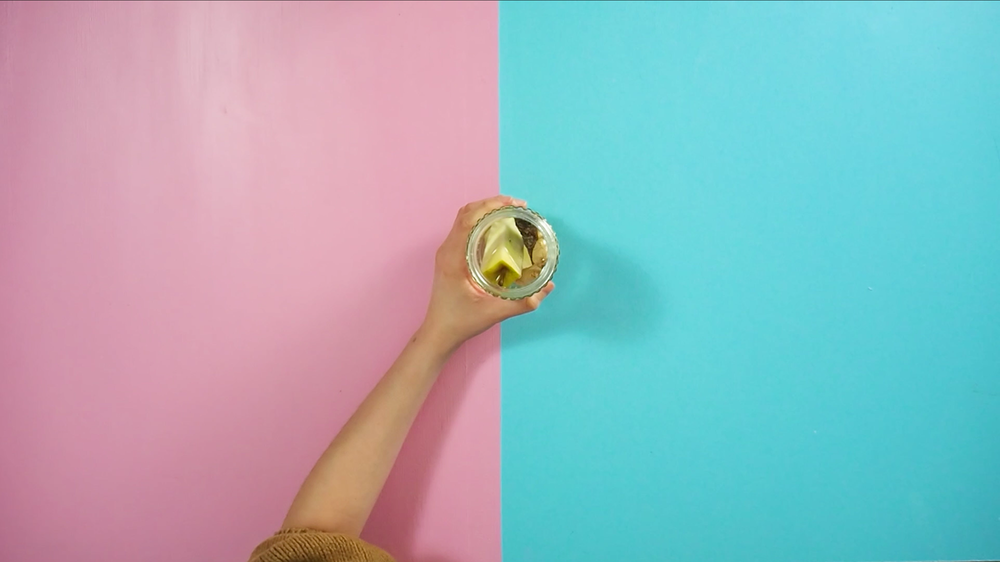Zero Waste Shopping in London
Posted by Pawan Saunya on
Want to know the best ways to shop zero waste whilst living or working in a big city? Here I give you some tips on shopping zero waste in London from independent shops to supermarket chains.
Following a low waste lifestyle may seem challenging, especially when it comes to food shopping considering you have to do it on a regular basis and everything is wrapped in plastic!

Buying package free in London is fairly accessible and easy nowadays, with bulk stores and refill shops opening up all over the city, supermarkets slowly responding to consumer demand for less packaging or recyclable alternatives to plastic, and cafes and restaurants allowing you to bring your own coffee cups and tupperwares for takeaways. Here are some tips to help you take advantage of the eco-friendly options that London has to offer.
Bulk Stores:
The first and obvious choice when it comes to zero waste shopping are bulk stores; where you can bring your own up-cycled jars, bottles and boxes to refill with dried goods, oil, vinegar, washing liquids, etc… Here are a few of my favourites across the city: (remember to bring all your empty containers and reusable bags!)
West:
Source Bulk Foods in Chiswick and Battersea and Liberté Chérie in Portobello
North:
Harmless Store in Wood Green
East:
The bulk market in Hackney and the Re:Store in Hackney
South:
Health food stores with bulk sections around the city:
Neal’s Yard Remedies, for package free dried herbs, powders, and spices, in selected stores.
Farmers Markets:
Your next obvious option is your local farmers’ market. It may take place daily, weekly, or monthly in your area. Take a visit and compare prices to see what is worth buying there (package free) on a regular basis. They’re also a good option since the produce is more likely to be local and in season.
Grocers:
Similarly, grocers or farm shops are independent and have their own fresh fruit and vegetable selection with plastic free produce. They also breads, and sometimes more, that you can buy in brown paper bags (which are biodegradable).
Supermarkets:
Lastly, and most conveniently, are supermarkets. This is still a great option for zero waste shopping once you have made note of what you can buy package free, or in packaging that can be up-cycled. For example, which fruits and vegetables are free of plastic wrapping, condiments in glass jars, grains and cereals in paper bags or boxes, sauces in tin cans, etc.. Always go for food in no packaging, or food packaged in materials like glass, metal, or cardboard.
Online Stores:
Here are some of my favourite online zero waste stores that provide really convenient service.
Zero Waste Club – check out the shop for a range of dried goods, cleaning supplies, and everyday items all delivered in plastic free packaging. They also plant a tree with every purchase.
Abel & cole, Riverford, Oddbox, and The Organic Delivery- These are all companies that deliver fresh produce loose in cardboard boxes or compostable/ recyclable packaging that can be returned at the next delivery. However, double check that the items you are buying are delivered without any plastic

Happy zero waste shopping, Londoners!

Salomé Savary
Is working as an intern for Zero Waste Club, writing blog posts on all things zero waste, from cooking tips to travelling hacks. She is passionate about encouraging others to adopt low waste habits in any and every aspect of their lives.
The Importance of Eating Seasonally and Locally
Posted by Pawan Saunya onAs a society, we live in a world where we expect everything to be instant and accessible- including our food. It has become the norm for apples to be available all year round, and to be able to buy strawberries in December. If you fancy a banana, you just go to the closest supermarket- it’s that easy! We have become so disconnected from the food we eat that we don’t question why we’re eating a banana from Ecuador or enjoying raspberries when there’s snow on the ground. The damage this disassociation is doing to our environment is widespread, and changes need to be made urgently.
Currently, 95% of our fruit comes from abroad, along with over half of our vegetables. The carbon emissions produced by this transportation is greatly damaging the environment. In fact, studies have shown that if air freight is used for a product, the carbon emissions of that product go up by a factor of 10. Buying British produce obviously reduces these carbon emissions, however, it doesn’t completely solve the problem if you’re still buying from across the country. Ideally, we need to be looking at buying locally. If you buy from a shop selling local produce, it’s likely that the food has been grown 10-30 miles away, and is coming straight from the farm that grew it. It is also likely that this food has been harvested within the last 24 hours (rather than over a week ago), meaning it will be much fresher.

Buying in season is also vital. You can buy British tomatoes throughout the year, however, this does not mean they are in season all of the time. When not in season, they will have been grown under heated glass for much of the year. For tomatoes grown out of season under heated glass in the UK, CO2 emissions are about 2.5kg per kg of fruit. When you compare this to the CO2 impact of trucking them in from Spain, where they grow naturally, the emissions of carbon is 10 times greater. This shows that although it is important to buy locally, it is even more important to buy in season.
If we want to save our planet it is vital that we start being more conscious about where our food is coming from. Making some small changes isn’t hard but can make a big difference, and you might even discover something new you like along the way.
The benefits of buying locally and in season include:
•A lower carbon impact
•Supporting your local area
•Fresher food
•Produce is likely to be organic
•Higher appreciation for what you are eating (not having access to strawberries all year round means when you do eat one, it will taste all the better)

Local and Seasonal Shopping Tips:
•Visit farmers markets! There are over 300 markets held weekly across the country. Take a look here to locate your nearest market.
•Buy from shops that have a proven link to a nearby farm- butchers, bakers, greengrocers, and delis are all great places for this.
•When in a supermarket, look for the Union Jack flag on produce.
•Before you pick up a piece of fruit or veg, think twice about where that has come from. For example, it doesn’t take much thought to realize bananas don’t grow naturally in the UK.
• Consider Box schemes- these provide fresh, seasonal produce from smaller producers right to your door. The Soil Association is a great website to get more information on the schemes available.
•Farms with a Pick Your Own Scheme are worth a visit- picking your own produce can be fun, and you’ll have the assurance of knowing that what you’re picking is both local and in season. Go here to find farms local to you.

Poppy Robson
Is working as an intern for Zero Waste Club, bringing together her love of the environment and her passion for writing. She has a love of nature and the outdoors and is always looking to encourage more people to lead a zero waste life. You can find her on Instagram as @poppyrobson.
Infused Water From Leftover Fruits
Posted by Pawan Saunya on
Let's get yourself hydrated and boost your metabolism with the refreshing infused water which you can make it at home with some leftover parts of fruits.
Here we have an idea to use apple cores and some ginger to make infused water that could aid your digestive system with the powerful antioxidants. You can always make different recipes with your favourite fruits as the benefits are mostly the same :)
Tag us @zerowasteclub and @plantbasednews on instagram to be featured.

PLOY THIRAPONGPHAIBOON
Is working as an intern for Zero Waste Club, making some awesome DIY videos. Here to help you make DIY products that will reduce your waste as well as showing yummy alternatives to non-vegan products and food. Find out more about Ploy’s work over on her Instagram or her Thai Blog.
Comment below with DIY Video recipes you'd like to see. And how did you get on making the recipe?
3 Ways to Make Different Bags in a Furoshiki Way
Posted by Pawan Saunya on
Japan has a lot of beautiful and mindful culture, arts, and ideas. In this video, we want to share the method called "FUROSHIKI" which it's the arts of gift wrapping by using a piece of beautiful cloth.
And you can make different styles of the bag in Furoshiki way too. We like it so much since we can reduce our waste by using only a piece of cloth! :)
Tag us @zerowasteclub and @plantbasednews on instagram to be featured.

PLOY THIRAPONGPHAIBOON
Is working as an intern for Zero Waste Club, making some awesome DIY videos. Here to help you make DIY products that will reduce your waste as well as showing yummy alternatives to non-vegan products and food. Find out more about Ploy’s work over on her Instagram or her Thai Blog.
Comment below with DIY Video recipes you'd like to see. And how did you get on making the recipe?
Homemade Apple Peels Oats Breakfast Cookies
Posted by Pawan Saunya on
Adding some apple peels into the baking batter is not a bad idea! Here is an example of how to give the more flavour and smell to the simple oats breakfast cookies :)
Tag us @zerowasteclub and @plantbasednews on instagram to be featured.

PLOY THIRAPONGPHAIBOON
Is working as an intern for Zero Waste Club, making some awesome DIY videos. Here to help you make DIY products that will reduce your waste as well as showing yummy alternatives to non-vegan products and food. Find out more about Ploy’s work over on her Instagram or her Thai Blog.
